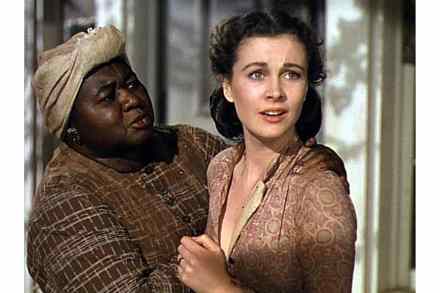Is Gone with the Wind to blame for Trumpism?
‘America is merely a story the nation tells itself,’ the historian and cultural critic Sarah Churchwell writes in The Wrath to Come. Of the many American stories, few are more disturbing than the complex one represented by the rioter Kevin Seefried inside the Capitol on 6 January 2020. He carried the Confederate battle flag to





